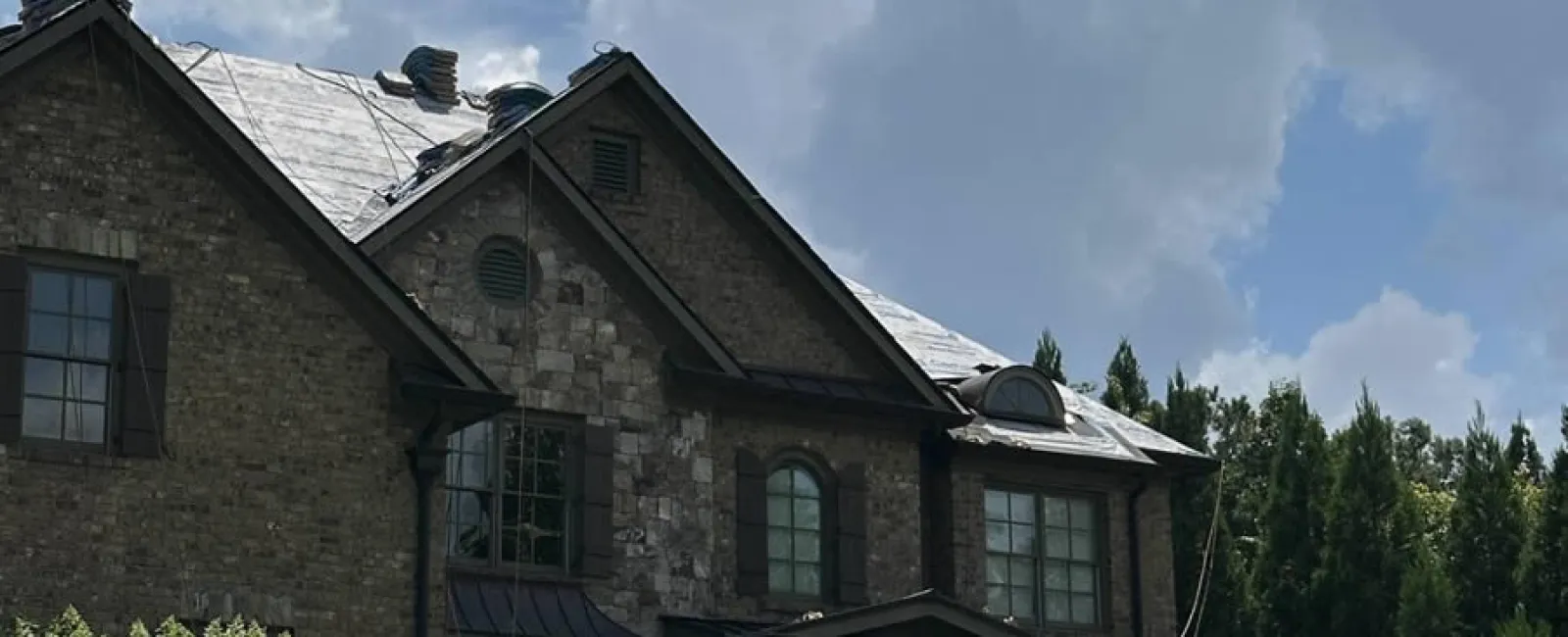Maintaining the integrity of your roof is integral to providing comfort and safety in the home, with regular inspections by professional roofing contractors, providing invaluable early identification of any issues before they become major, costly repairs. FGA Roofing explores when it is best to have professional inspection services inspect your roof and why professional services such as those offered by roofing companies offer these examinations.

How Often Should Roof Inspections Take Place?
Roof inspection frequency depends on several factors, including age and materials used, your area's climate, and whether severe weather has damaged your home. As a general guideline, professional inspection should occur at least annually or twice. Furthermore, additional assessments may need to be scheduled after any significant weather event, such as a hailstorm, hurricane, or heavy snowfall, as these events could leave undiscoverable damages that necessitate immediate attention from technicians.
Why Consider Professional Inspects Services?
Roofers possess the expertise and tools to thoroughly evaluate your roof's condition, from subtle signs of wear that an untrained eye might miss through structural integrity evaluation to insulation effectiveness checks. A roofing inspection typically covers an array of issues related to structural integrity or insulation effectiveness - so they should typically cover these aspects during an evaluation as well.
- Shingles: Inspectors will look out for cracked, warped, or missing shingles and recommend replacement where necessary. Seals and Flashing: Seals around vents, chimneys, and flashing will be assessed for signs of wear or damage to ensure maximum efficiency for these systems.
- Gutters: These professionals ensure gutters and downspouts are securely attached, free from debris accumulation, and functioning effectively to avoid water damage.
- Attic Inspection: When conducting an in-depth attic inspection, one should check for signs of water infiltration into the attic space from below, proper insulation levels, and adequate ventilation.
An inspection can reveal whether minor maintenance, like roofing repair, is needed to extend the life of your roof or more extensive work, like replacing its shingles, may be necessary to extend its service.
After an Extreme Weather Incident
Severe weather events often prompt unscheduled roof inspections. High winds may lift or break shingles, hail can puncture them, and heavy rainfall exposes leaks - it is crucial that soon after these events happen, a reliable roofing company performs an assessment quickly to prevent secondary damages - like water infiltrating into interior areas which would cost even more in repair later on.
Age of the Roof
Your roof's age plays a pivotal role in its inspection frequency. While newer roofs may only need inspection every ten years or so, once older ones reach this mark, it becomes essential that annual inspections take place to protect their longevity. Older roofs tend to show wear and tear that require closer monitoring to stay functional for as long as possible.
Benefits of Regular Roof Inspections
- Cost Savings: Regular inspections can identify minor roof repair jobs before they turn into major roof replacements or repair expenses, providing cost savings by quickly fixing small problems with minimal expense compared to full-on roofing replacement or repair jobs.
- Extended Roof Lifespan: By scheduling repairs or replacements as quickly as necessary, it is possible to extend the lifespan of your roof significantly - up to years beyond its expected lifecycle. A well-kept roof should provide reliable protection and last many more years than anticipated!
- Safety: Roof damage poses significant safety hazards, from weak spots that lead to collapses to leaks that create mold and mildew with serious health repercussions.
- Insurance: Roof inspections may be part of home maintenance plans required by insurance providers; failing to conduct these exams could result in disputes about claims related to roof damage.
Finding Qualified Roofing Contractors
When hiring professional roof inspectors or contractors to inspect your roof, experience and trustworthiness are of utmost importance. Look for companies with proven track records, good reviews, and proper licensing and insurance. A dependable provider should offer an in-depth inspection report and action plans, including estimated costs to provide comprehensive roof care service to each customer.
DIY Roof Inspections
Though professional inspections should always come first, homeowners can also perform basic visual checks between professional visits. Check for visible signs of damage from the ground; check your attic for leaks or water damage; monitor shingle condition from up close; keep tabs on their condition from the ground as climbing onto the roof can be risky, and some forms of damage might not be readily noticeable without professional training.
FGA Roofing
Your roof is one of the most essential parts of your home, serving as its first defense against weather elements and protecting you and those under its protection from harm. Regular inspections by FGA Roofing are an inexpensive investment that could save money and extend its lifespan. These inspections ensure repairs or shingle replacements occur before minor problems escalate into bigger ones, helping ensure its security and that of everyone living beneath its shelter. By adhering to an inspection schedule, you are safeguarding yourself and those living under its protection as a whole!
